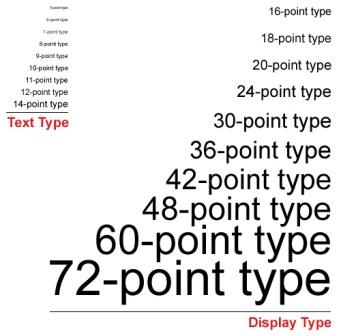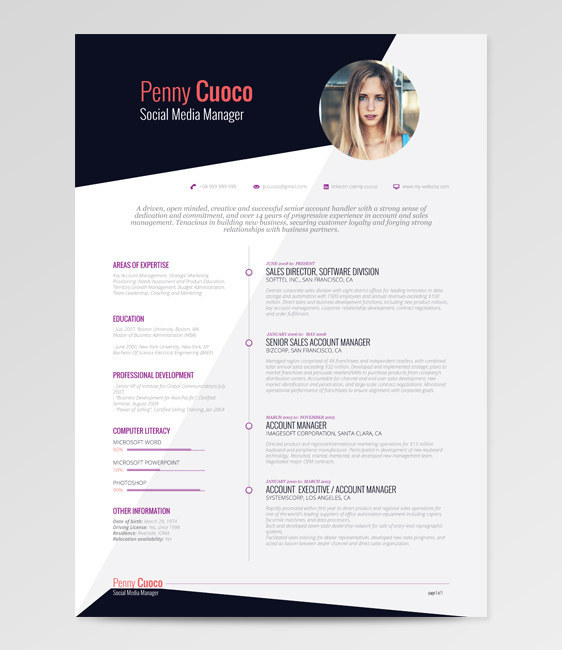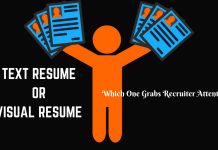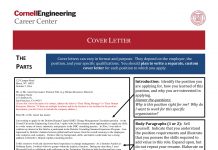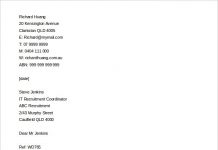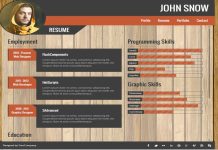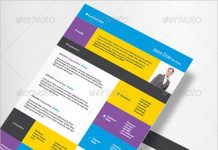Resume is a short summary of a person’s activities and accomplishments which basically a person achieves in his/ her life.
It is a kind of diminutive bio-data where you describe about your educational background; professional experiences and related points, of an individual.
There are still good motives to bound your resume to the standard, one-page mock-up. That’s for the reason that, most employers wish for a short and snappy resume without a lot of extraneous information.
In General Employers usually spend only 10-15 seconds to review the resume, and that few seconds they mostly look for more solid points in it.
Particularly if you are applying in a well-established company, there is a soaring possibility that your resume will be more or less reviewed by many people, or could be mutually discussed by e-mail.
If you are struggling to prepare your resume and want to cut down to one page, start crafting a list of your going-ons and work actions only, rather listing of your everyday odd jobs. But your responsibilities should be well detailed.
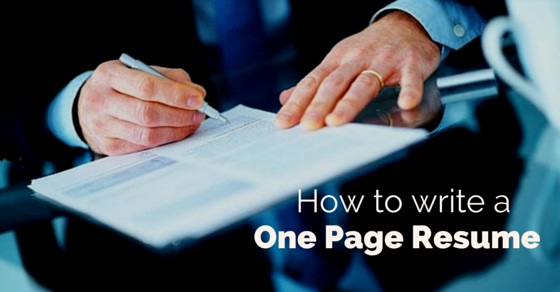 How to Write a One Page Resume?
How to Write a One Page Resume?
Here are some points on writing styles of a one-page resume. Some are about formatting, whereas few are giving educational background and/ or professional experience, personal information etc.
What info could be cut down and what makes you geared up for mentioning relevant information on the resume.
1. Listing of key featured points only:
When there is a spick and span down or to write a resume in a short-cut way, first of all always use the best method to summarize it like featuring of pertinent points.
Try to list only the major and noteworthy tips so that extra bits and pieces could be trimmed down initially. Never try to fit extra stuff while making a one-page resume.
Moreover one-page resume doesn’t mean to cut-down the chief and essentially distinguished points but to concise it, as it is important to highlight the principal points.
2. Objective statement should be concise:
On the top of the resume, you need to summarize your resume objective in two or three lines, not more than that since it could be of no sense writing your aim in three-four lines.
If you are experienced one, your resume will automatically gets you into the company. Writing of more words in the objective section is not a sign of a wisdom person.
You are appearing in an interview, it is itself a signal that you are interested in the job position, writing ineffective words in the beginning of the resume really doesn’t make any sagacity.
Moreover, make sure whatever you write should match with the job profile you are appearing for.
3. Listing of major academic qualifications only:
Listing of educational credentials also has to be very concise and should be matched with the type of job you are applying for.
It never makes a very good judgment to the employer that you are applying for an accounts position and you had listed on the resume about some fashion designing course, perhaps which you did some years ago.
Make a confine list and record only that educational qualifications for which you will appear in an interview.
Always list the recent educational credentials, instead of going into depth. This is how you are able to make a one-page resume, while listing a small number of qualifications.
4. Summary of experience:
Well, this is an important and most noteworthy section when things come on top of list in the resume.
Be curbed while writing skills and experience section on the resume but at least don’t cut-short this part.
If you have worked in more than 3-4 companies then try to only mention about several years or months you have worked, name of the company and your designation since this is the most relevant part of the resume which employers definitely look and this is more notified section for them.
Your professional experience should speak more loudly in the resume rather than any other part.
5. Extra-curricular activities:
Yes, you can list this section of extra-curricular activities very well in the middle, just after professional experience part.
List those things in which you were involved during your occupation, not just any other irrelevant type of things such as, achieved 1st prize in chess competition and/ or stood 1st rank in swimming competition.
You should list very significant points in this section. If you were never being involved in either of the major things, then try to skip this point .
6. Honors and accomplishments:
In a one-page resume, how much you try to trim down the points to get it fit into one page, but still there are few sections which cannot be skipped or could never compromised.
Such points are related to the honors and accomplishments achieved by a person throughout his education time or in career.
Employers do look on candidates accomplishments which he/ she have ever achieved all the way through their life. But it doesn’t mean that you keep on adding beside the point stuff. Do list major events only.
7. Use smaller font size without compromising with visibility:
Subsequently, this is overall an important point when writing resume.
Keeping in mind that bigger size fonts and text size can enhance the visibility no doubts, but it grabs to a great extent of space than usual, hence, the numbering of pages does increases. The large the size would be, the more space it would take hold of.
Accordingly, use medium but smaller numbering size and font but at the same time, without compromising with visibility. Use Arial font size 10 or Calibri font size 10 or so that employer could at least read it well.
8. Little description of personal details:
When the column comes about mentioning of personal details, mention only very precise details of yours, always consider making a one-page resume only.
So as with the purpose of short-cut or trimming-down of the page size, personal detail section could include only few things such as your name, father’s or spouse’s name, your date of birth, nationality, marital status, email address and especially residential address.
No need of mentioning your height, weight, and passport details etc. These details could be mentioned when there is a chance of increasing the number of pages.
9. Keep short bullets and numbering size:
Whereas you are restricted to make your page size to one, you need to take extra care while using words, such as which information to be mentioned, which has to trim-down, what font and size will fit and how can the page of area gets reduced.
Similarly, you need to take care while using bullet points and numbering style since this stuff usually seize extra space on the page. The stuff which could easily end up in 1-2 lines, do it and not giving them point method.
10. Think twice before using extra material:
While you are making your resume that too, limited to one-page only, just think wisely which information you want to show to employers and what could be hidden.
For example, your passport information, extra-curricular activities happened in school life, your personal height-weight proportions, training undertakings or related activities etc could be hidden so that your resume should not exceed to extra length and longevity of page size.
So make sure you put only appropriate things and related points which could be easy to read and of sophistication for employers.
Subtract not required material from the resume or try to squeeze the information which completely seems like fulfilling of words.
11. The concluding remark on formatting of resume:
Writing an effective resume is somewhat tricky when things come on to limited it to only single page resume.
Moderately, the formatting of resume needs to be done appropriately. The length of the word count has to be compromised until it fits best.
Meanwhile present an exact picture of your self-image in the resume. Do create a header and put contact information there.
It could save space as well. Keep borders wide, and all other formatting element to the least extent so that it does not cover much space.
The overall look and feel of the resume has to be super good in terms of sizing, font styles, use of proper bullets and numbering (where required if any), then comes to the pointing system mentioning about the qualifications, work experiences, other activities, bit mentioning of personal particulars etc could be easy to fetch space in one-page resume.
Never try to overwrite the things when main purpose can be solved in mentioning little stuff.
Employers always look for qualifications and experiences which are mainly required for the job position as if you are really best fit for the position or not. Other details are solely extra to carry out the pages further.
An employer basically has to do nothing with your hobbies and other personal achievements but yes, they do pay an attention to it, sometimes. All they have to do is with your work, the type of knowledge you posses and your overall skills as an employee. What you can deliver after coming on the board, is what, actually matters to them. So, be ready for that aspect as well.































